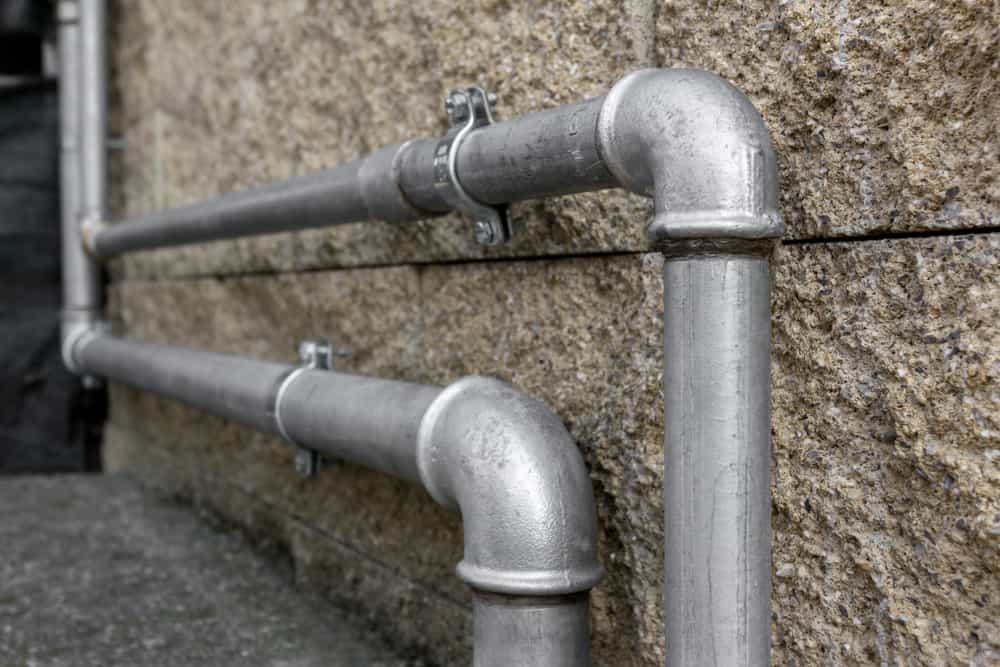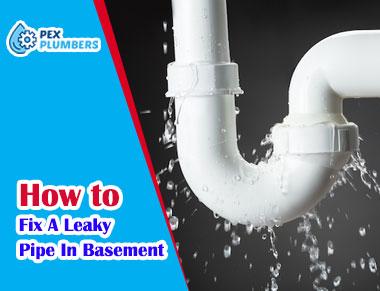Drains become clogged with food debris, hair, animal fur, small objects, minerals buildup and dirt.
Chemical drain cleaners utilize a chemical reaction to dissolve the substance causing the blockage and then move it along.
Unfortunately, this approach may not always work and could leave a residue that could harm your pipes. Ultimately, using chemical drain cleaners only makes matters worse by damaging already vulnerable pipes.
Harsh Chemicals
Chemical drain cleaners like Drano can be extremely hazardous for your plumbing. Be it Drano or another brand of liquid drain cleaner, they could do more harm than good to your pipes.
Liquid drain cleaners are usually composed of harsh chemicals that burn through and melt clogs, sometimes eating through metal pipes or soft PVC ones like those found in homes today. Liquid drain cleaners should always be used with caution as these products have the potential to harm both metal pipes and soft PVC ones, leading to their destruction.
Though these chemicals may be effective at clearing away small clogs, they may not be sufficient for larger ones. If the blockage is deeper within your plumbing system, harsh chemicals may not have enough reach to reach and eliminate it completely.
If this occurs, they’ll likely just sit on top of the clog and do more damage. This can create harder-to-remove clogs than usual and ultimately cause your pipes to deteriorate.
Liquid drain cleaners can also be highly hazardous to human skin and eyes due to their caustic chemicals that could cause chemical burns or even blindness if they come into contact with skin. Therefore, wearing proper protection when using these products is recommended.
It is also imperative never to mix different types of drain cleaners together. For instance, mixing lye and acid cleaners together can create an extremely corrosive combination that could severely harm your plumbing system.
When trying to clear a sink clog, combining two different cleaners can present an issue. A mixture of these cleaners in the pipe could produce hazardous chlorine gas which should never be inhaled.
Not only is this hazardous, but it can also contaminate water supplies and wastewater. Chemical residue from industrial processes may seep into the ground and cause extensive environmental harm.
Finally, these cleaners may pose a health risk to pets and children. If ingested, they could cause severe side effects or even death.
If you’re experiencing problems with your pipes, it’s best to contact a qualified plumber who can accurately diagnose and resolve the problem. By taking preventive measures, you can guarantee that clogs don’t start in the first place.
High Heat
High temperatures can damage pipes, leading to plumbing issues like clogs and leaks. To avoid these issues, make sure your drains are cleaned regularly with a safe drain cleaner that won’t harm either your plumbing system or the environment.
Water heated within pipes can expand and crack, leading to clogs or even full pipe breakdown. This could have an extensive impact on your plumbing system.
Extreme heat can be especially problematic in areas with high temperatures, where the mercury can soar into the 90s. Under such circumstances, water in these regions will expand and tear due to excessive warmth from within and boil at higher temperatures.
These high temperatures will also cause the cement used to repair cracked or broken pipes to dry out quickly, making it harder for your crew to adhere the pipe together. This could add an extensive amount of time onto the job and you should be prepared.
Additionally, extreme temperatures can corrode polyvinyl chloride (PVC) pipes, leading to cracking or splitting as well as emitting toxic fumes if heated too much.
If your pipes are PVC, then a chemical drain cleaner can dissolve organic waste without harming them. However, only use these chemicals when absolutely necessary and be sure to observe all safety precautions.
You could also try a drain opener, which utilizes powerful caustic granules and aluminum needles to clear clogs from pipes and sewer lines. These particles release large amounts of heat and turbulence to liquefy organic materials that often clog pipes such as fats and oils.
This product is safe for septic tanks and works best on showers and bathroom sinks; however, it won’t do as well on toilets or kitchen sinks. It usually clears mild clogs in two hours or less; however, more stubborn issues may require longer treatment time.
Another method for clearing out a clog is to place a bowl of ice in your sink and run water over it. This helps cool down the drain, making it easier to reach and remove any obstructions.
Chemical Residue
Drain cleaners that leave chemical residues can have lasting negative effects on pipes due to their harsh chemical compositions that are unsuited for this material.
Some of these ingredients can cause severe chemical burns and other health issues, so you should always exercise caution when using drain cleaners.
Avoid keeping these items in your home and only using them when absolutely necessary. Furthermore, keep them out of children’s reach at all times.
These products may give off toxic fumes that will irritate your nose and eyes, potentially resulting in serious eye and nose irritation for both children and adults.
Furthermore, these products can be hazardous if inhaled or swallowed. They cause inflammation of the throat, nasal passage and lungs which could result in breathing issues or even death.
Chemical drain cleaners come in a variety of forms, each working differently to dissolve organic material and generate heat that melts grease clogs.
Caustic drain cleaners use caustic soda (known as sodium hydroxide or lye), an alkaline substance that creates heat when mixed with water. This action helps break down grease, soap, and other clogs.
Another type of drain cleaner uses oxidizing substances, like bleach or hydrogen peroxide. These chemicals mix with water and transfer electrons to the clog, making it easier for it to pass through your pipes.
Some of these chemicals can also corrode the exterior of your pipes, making them weaker and more vulnerable to leaks or breaks. This is especially true if you have older pipes that aren’t protected against moisture damage.
Higher-strength acidic drain cleaners that contain sulfuric acid can also cause major damage to your pipes. This chemical dissolves most metals and will have devastating effects if used frequently.
Caustic drain cleaners should only be used if absolutely necessary to clear a blockage. Otherwise, consider hiring an expert to do the work for you.
Environmental Impact
Drain cleaners may seem like a cost-effective and convenient way to unclog pipes, but they’re not always beneficial for the environment. Not only are they hazardous to people and pets, but they also contaminate water sources and waste disposal systems.
These harsh chemicals can eat through your pipes and cause long-term harm. Eventually, they break down and erode the pipe surface – this is especially detrimental to older metal pipes or PVC plumbing systems which are more vulnerable to leaks.
Furthermore, pesticides and herbicides can contaminate groundwater and soil, leading to toxic runoff that impacts plants and wildlife in the area.
Liquid drain cleaners typically come in single-use plastic containers that are discarded after use, contributing to our growing problem with plastic pollution. When these chemicals are flushed down the sink, they can wreak havoc on public sewer systems and private septic tanks alike.
Chemicals from drain cleaners may linger in the air for hours, creating hazardous fumes that can irritate your lungs, eyes, throat and skin. They could also be poisonous if swallowed – which is why wearing gloves while using drain cleaners is always recommended.
Drain cleaners that are used frequently can disrupt the delicate balance of bacteria in septic systems, leading to costly repairs for tanks and plumbing leaks.
One common consequence of this is a septic tank overflow, spilling waste into your home or yard. The resulting mess will be difficult to clean up.
Some drain cleaners contain acidic ingredients such as lye and hydrochloric acid that can be destructive to your home’s piping. These mixtures create a lot of heat and create an acidic reaction that not only corrodes your pipe but also its vicinity.
Cleaning solutions that come into contact with water supplies can contaminate it and kill fish or other wildlife that drink from it. They may also alter the pH levels in water, making it less favorable for plant life.


